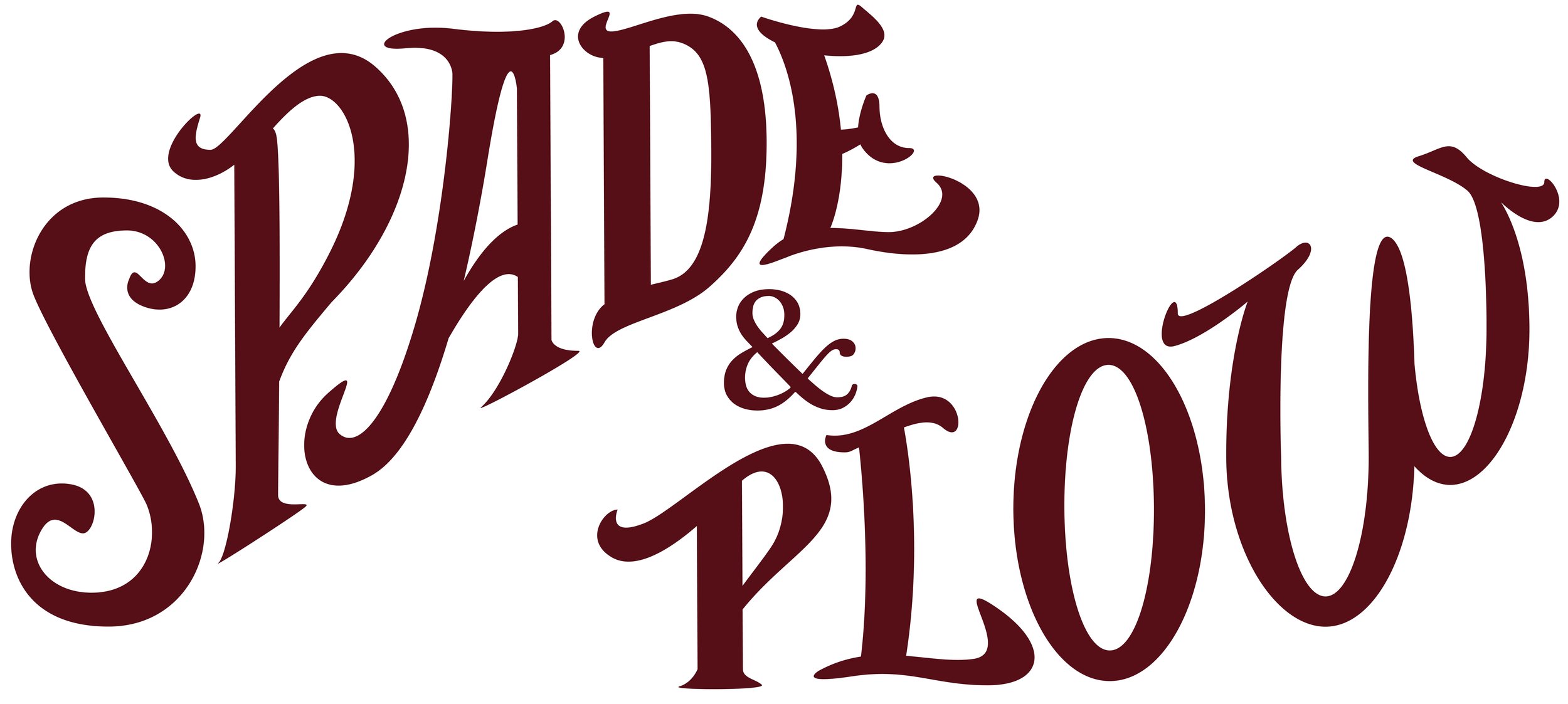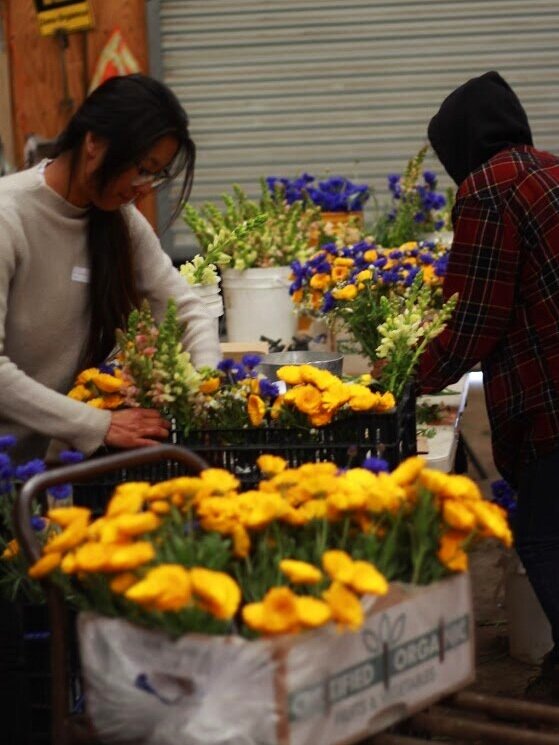Budding Prospects
Flowers are food for the soul.
We love to look at them, arrange them, smell them, gift them and receive them. They convey love, encouragement, sympathy and joy.
As we implement our organic farming practices in growing flowers this year, we are finding out that flowers have so many additional benefits for the farm. Flowers are companions to other plants for two reasons. First, flowers and beneficial insects have a mutualistic relationship where both species benefit. Bees get their nutrients from flower nectar and pollen. They collect pollen to feed their colonies while providing the plants the means to reproduce by dropping pollen from flower to flower. Second flowers can help keep pests away from produce. By growing a variety of flowers the farm buzzes with diversity to the ecosystem and has improved harvest and yield.
One thing to remember about flower farming is that it is still a farming practice. Thus, providing more job opportunities to the local community. The land still needs to be tilled and fertilized. Some flowers start in the greenhouse while others are directly sown into prepared soil. A drip irrigation system is crucial to successfully grow cut-flowers considering it maximizes water efficiency by delivering water directly to the roots. Once the field is flourishing with colorful blooms, some of the primary farm activities, in readiness for market, take place. This includes harvesting, arranging, regulating temperature for storing, and delivery logistics. Farming flowers is economically viable because production can be done on a smaller plot of land compared to what is needed for vegetables.
Flowers such as calendula, chamomile, corn flower, echinacea, lavender, and rosemary, just to name a few, have been used in holistic medicine for immune and digestive support. Flowers can be used in tinctures and teas to utilize their medicinal qualities.
Flowers can aid in psychological benefits. They can naturally moderate our moods. A study conducted by Harvard University found that fresh flowers have an impact on our emotions when we see them first thing in the morning. “Interestingly, when we place a small bouquet into our morning routines, people perk up” says lead researcher Nancy Etcoff, PhD.
Engaging in an emerging movement to put American-grown flowers back on the nation’s tables.
Competing in a global market has made it difficult for American flower farmers to make a living doing what they love. Originally flowers were farmed within a short distance to their local market. A growing demand for domestic blossoms and low prices dictated the market and greatly impacted floriculture in the United States. While small, local farmers struggled to meet the demand for lower prices, commercial growers began to scale operations by concentrate in Colorado and California . In 1991, the United States entered into the Andean Trade Preference Agreement(ATPA) which eliminated tariffs on flowers from Bolivia, Columbia, Ecuador, and Peru. Flower imports increased rapidly. Today, 78 percent of cut-flowers are imported from Columbia. Small to medium scale farmers had to adjust with the changing economy by selecting flowers that do not ship well yet have fair market demand. The upshot, however, was an increase in admiration for fresh farm flowers and bouquets sourced from small and local farms. Since their flowers were long lasting, fresher, and brighter in color, customers demanded to know where their flowers came from. Thus, project “Know your farmer, know your flower” and The Slow Flower Movement were launched between 2011 and 2014.
The Slow Flower Movement stems from a requisite to support American farmers in order to preserve local, sustainable, and ethically grown food. Similarly, Slow Flowers encourages consumers to support their local economy by encouraging the purchase cut-flowers grown locally, seasonally, and ethically in the United States, instead of purchasing imported flowers grown using chemicals, pesticides, and genetically engineered seed. Today, the Slow Flower Community of 600 members are predominantly small-scale growers, producers and designers who are working to transform the flower industry.
Thank you for supporting Spade & Plow’s Flower Program!
We can wholeheartedly say that growing a wide variety of cut flowers along with an abundance of organic produce is a feasible and sustainable farming practice. Our philosophy of employing sustainable practices, supporting the local economy, and benefiting the planet attribute to our presence in the floriculture space. With an abundance of support from our CSA members, local chefs, and being part of a conscious community around locally and sustainably grown flowers, our floral program has grown over the years. We will continue to provide a variety of farm bouquets and edible flowers for years to come.







